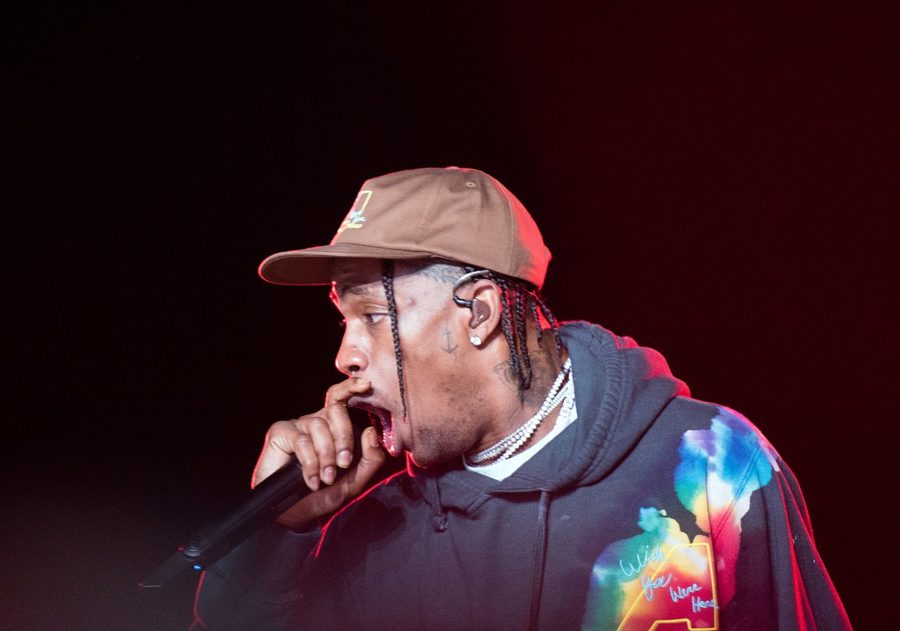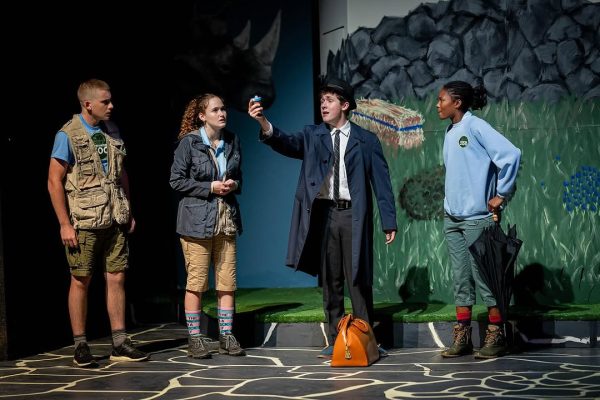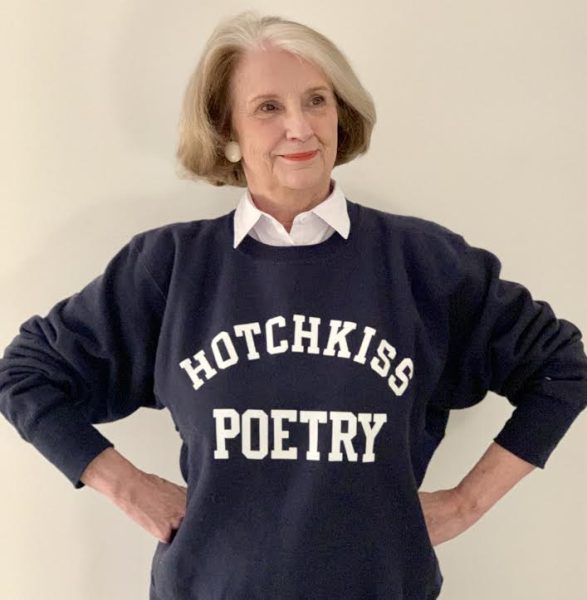Astroworld: A Tragedy and Reminder for the Future
Singer Travis Scott performs live in concert in 2019.
Long lines, commerce, and frenzy are all part of the aesthetic sensibility of large music festivals, and yet, the darker side to these seemingly innocuous discomforts has been proved time and time again. Police reports of breached barricades and gates suggest that there were even more attendees than the 50,000 ticket holders at the Astroworld music festival in Houston on November 5. The event, which quickly descended into chaos after American rapper Travis Scott took the stage at 9 P.M., killed nine individuals who were suffocated or crushed to death in the aggressive and fanatical crowd.
First responders heard of injuries 30 minutes into the concert, yet Scott continued performing, only pausing the show twice—once after seeing someone unwell in the crowd and another time after noticing an ambulance in the audience—and ended the concert 40 minutes after the official Mass Casualty Incident) declaration by the first responding unit on the scene. During a crowd surge, multiple people were trampled and left unconscious, causing other audience members to perform CPR on those who had fainted. Videos of the event were quickly spread all over social media, showing pleas from fans to stop the show while people struggled to breathe and stand still in the surging crowd. By the time the concert was over, 17 people had been taken to hospitals, including at least six of whom were in cardiac arrest.
Four weeks later, there have been over 90 civil suits in Harris County District Court. Many people have called out city officials, concert organizers, security personnel, and performers, demanding they hold accountability for the tragedy. Kiera Dwan ’24 adds, however, “Some of the blame should also be placed on those who attended the concert, as many of them danced and crowded around ambulances, ignoring the dire situation others were in. This made it very difficult for first responders to get to injured people.” Scott himself has also been under scrutiny; while he claims to have not recognized the severity of the situation at the time, footage from the event of Scott singing just a few feet away from debilitated fans seems strikingly solipsistic.
The individuals that make up a crowd are often merged together in the perspective of the performer, but ultimately every person carries free will implicitly. Clearly, some individuals, such as the ones who tried to raise alarm amidst the chaos, reject what is apparently the single, concordant consciousness of the crowd. Reading the testimonies and stories told by victims’ family members reinforce the individuality of those that were killed, including an engineering student and a newlywed, who likely did not suspect one of the first large music festivals after over a year of social dormancy would turn deadly.
Scott also has a previous track record of encouraging reckless and dangerous conduct at other performances which have resulted in his indictment: at the music festival Lollapalooza in 2015, he invited attendees to climb over barricades, and during a show in 2017, he faced charges for inciting a riot and endangering the welfare of minors by instructing fans to topple security, and he once notoriously pressured an audience member to jump from a theater balcony. Ben Herdeg ’23 says that Scott’s lack of intervention is not blameless, as “[even though] saying “stop” would [not] have done a whole lot, it certainly could have helped his fans know he doesn’t tolerate reckless behavior at his shows.”
While Travis’s denial of responsibility is rightfully infuriating, the tragedy is also a result of the concert organization skimping on safety to optimize financial gain. The disaster is not an inevitable consequence of the mass gathering; adding Astroworld to the list of nightmarish concert tragedies implies that safety is not within our control. The “festival-style” layout (in place of assigned seating) that accommodates mass gatherings has historically proven to be more dangerous. Medical professionals at the concert were also severely understaffed, and the firefighters that were stationed outside of the venue were not in radio communication with medical staff.
Certainly, greed, which prompted negligence of imperative safety regulations, is culpable for the catastrophe.






